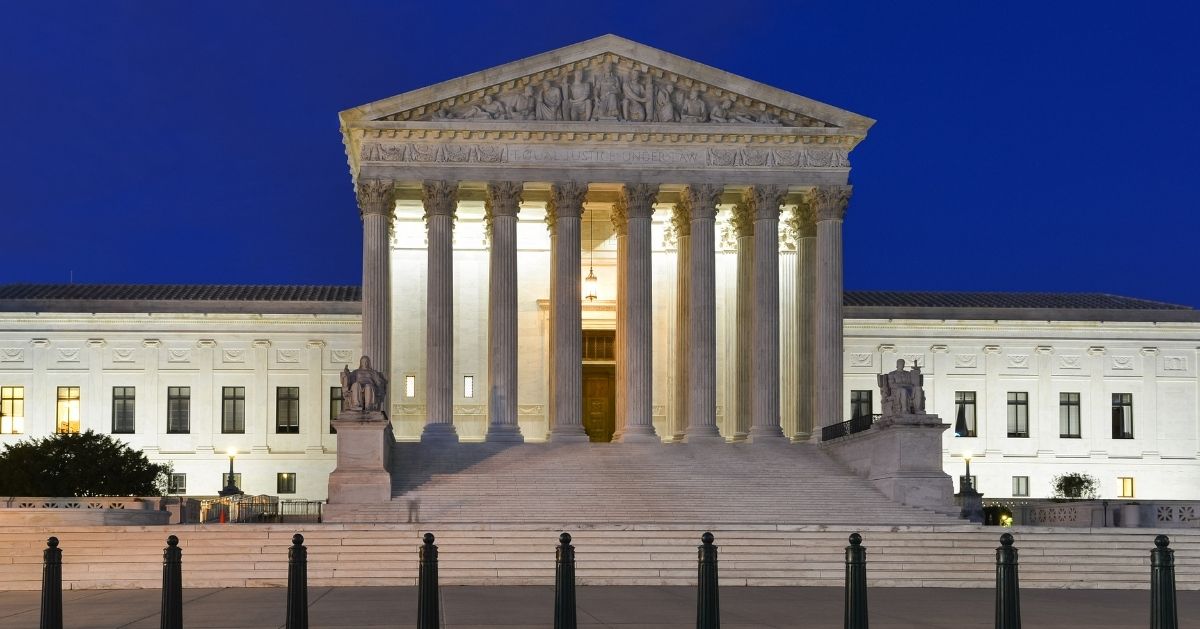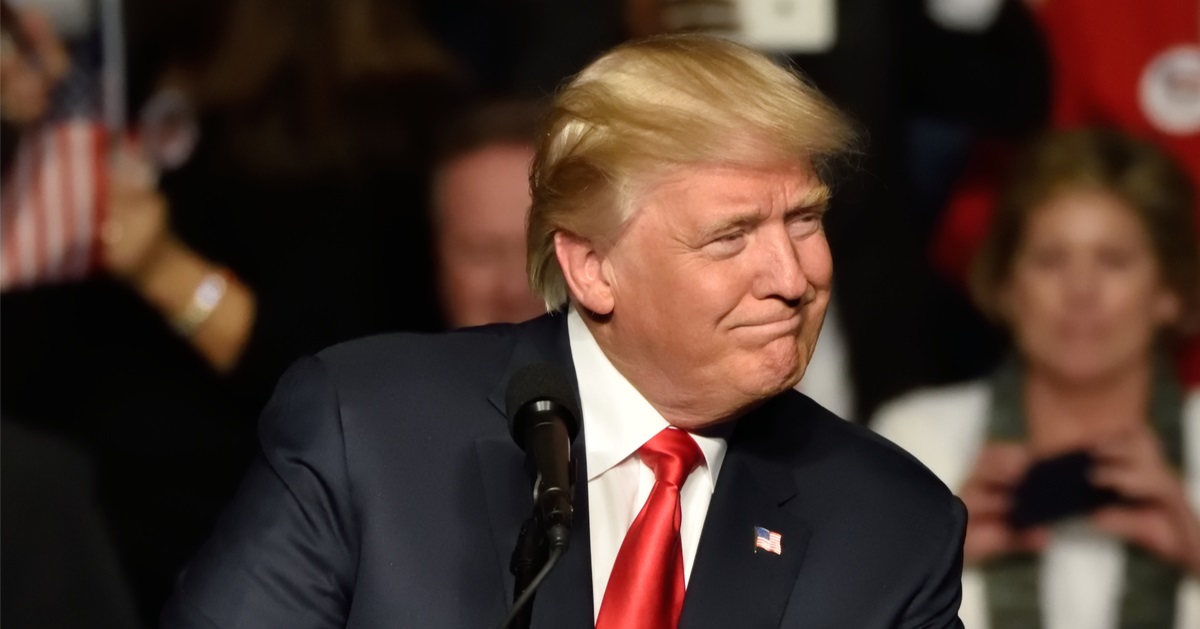Just days after he paused immigration enforcement at worksites in farming and hospitality, President Trump is resuming Immigration and Customes Enforcement (ICE) raids in those industries.
Trump's latest move clarifies that there are no "safe spaces" where illegal aliens can find shelter from the law, the Trump administration explained.
“There will be no safe spaces for industries who harbor violent criminals or purposely try to undermine ICE’s efforts,” Tricia McLaughlin, an assistant secretary for DHS, told the Washington Post.
“Worksite enforcement remains a cornerstone of our efforts to safeguard public safety, national security and economic stability," she added.
The president's initial decision to exempt farmers and hospitality workers from ICE raids came as a disappointment to many Trump supporters, who saw the move as detrimental to his mass deportation pledge.
Within the administration, immigration hawk Stephen Miller, one of the architects of Trump's crackdown on illegal immigration, voiced objections to making carveouts, as business executives and Agriculture Secretary Brooke Rollins raised concerns to Trump about labor shortages.
In a Truth Social post, Trump had initially signaled "changes are coming" to "help out farmers."
Hours later, ICE agents were directed by the Department of Homeland Security to "hold on all worksite enforcement investigations/operations on agriculture (including aquaculture and meat packing plants), restaurants and operating hotels.”
By Sunday, Trump was hardening his stance again as he ordered ICE to expand operations in "Democratic power centers" with large illegal populations, like Los Angeles, where anti-ICE riots exploded earlier this month.
On Sunday, word began to spread among ICE and Homeland Security Investigations (HSI) supervisors that the White House did not support the exemption, the Washington Post reported.
The news was confirmed in a nationwide call Monday with 30 field offices, which were told to "continue conducting immigration raids at agricultural businesses, hotels and restaurants," according to two people familiar with the call.
Immigration advocates have long argued that the illegal labor force performs undesirable work that Americans will not do themselves, but supporters of Trump's mass deportations say a reduction in cheap, foreign labor will force employers to raise wages, making the jobs that "Americans won't do" more attractive to citizens.
As a logistical matter, Trump likely cannot meet his ambitious deportation goals without raiding the locations where illegal aliens tend to work, including farms and hotels.
By once again targeting those places, Trump is getting back on track and making it clear that illegal aliens face removal from the U.S., wherever they happen to work.


